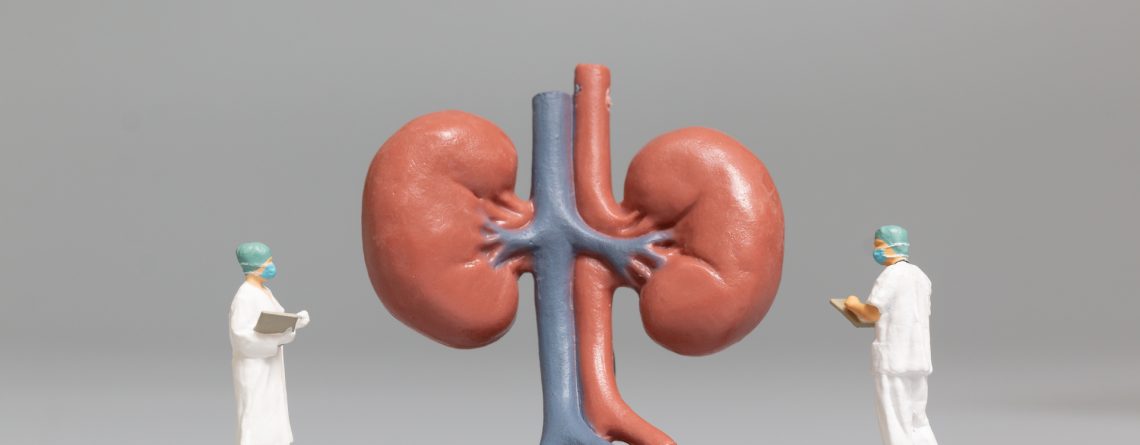Kidney Stones – Causes, Contributing Factors, and Practical Prevention Strategies
Kidney stones, though small in size, can cause significant discomfort and pain. Understanding the causes and contributing factors behind the formation of kidney stones is crucial for prevention. In this article, we will delve into the various aspects of kidney stones, including their causes, contributing factors, dietary considerations, and actionable steps for prevention.
Causes of Kidney Stones:
- Mineral Imbalance: The most common type of kidney stones are formed when there is an imbalance of minerals in the urine, leading to the crystallization of calcium, oxalate, and other substances.
- Dehydration: Insufficient water intake is a major factor. Dehydration concentrates the minerals in the urine, making it easier for stones to form. Staying adequately hydrated is vital for preventing kidney stones.
- Genetics: A family history of kidney stones may increase the risk of developing them. Genetic factors can influence how the body processes and excretes certain minerals.
- Medical Conditions: Conditions such as obesity, urinary tract infections, and certain metabolic disorders can contribute to the formation of kidney stones. Addressing these underlying health issues is crucial for prevention.
Contributing Factors:
- Dietary Choices: High intake of oxalate-rich foods (e.g., spinach, beets), sodium, and animal proteins can contribute to stone formation. Moderation and balance in diet are essential.
- Obesity: Obesity is linked to an increased risk of kidney stones. Maintaining a healthy weight through a balanced diet and regular exercise can help reduce this risk.
- Certain Medications: Some medications can increase the likelihood of kidney stone formation. If you are on medications that may contribute to kidney stones, consult your healthcare provider for guidance.
- Inactivity: Lack of physical activity can disrupt the body’s natural processes, including the way it metabolizes minerals. Regular exercise promotes overall health, reducing the risk of kidney stones.
Foods to Watch and Include:
- Hydrating Foods: Incorporate water-rich foods like watermelon, cucumber, and celery into your diet. These contribute to overall hydration and assist in preventing stone formation.
- Calcium-Rich Foods: Adequate calcium intake from dietary sources, rather than supplements, can help bind oxalates in the intestines, reducing their absorption and lowering the risk of stone formation.
- Citrus Fruits: Citrus fruits contain citrate, which inhibits the formation of certain types of kidney stones. Include lemons, oranges, and grapefruits in your diet.
- Limit Oxalate-Rich Foods: While some oxalates are necessary for the body, limit consumption of high-oxalate foods like nuts, beets, and chocolate, especially if you are prone to oxalate-based stones.
Prevention Strategies:
- Stay Hydrated: Adequate water intake is key. Aim for at least 8-10 glasses of water per day, and more in hot weather or during physical activity.
- Moderate Salt Intake: High sodium intake can contribute to stone formation. Be mindful of processed foods and opt for fresh, whole foods with lower sodium content.
- Balanced Diet: Strive for a well-rounded diet that includes a variety of fruits, vegetables, and whole grains. Consult with a nutritionist to tailor your diet to your specific needs.
- Regular Exercise: Incorporate regular physical activity into your routine. Exercise helps maintain a healthy weight and promotes overall well-being.
- Regular Check-ups: Periodic check-ups with your healthcare provider can help monitor your kidney health and identify any risk factors early on.
Preventing kidney stones involves a multifaceted approach that includes dietary choices, hydration, and lifestyle modifications. By understanding the causes and contributing factors, individuals can take proactive steps to minimize the risk of kidney stone formation and enjoy optimal kidney health. Always consult with healthcare professionals for personalized advice based on your health status and medical history.











